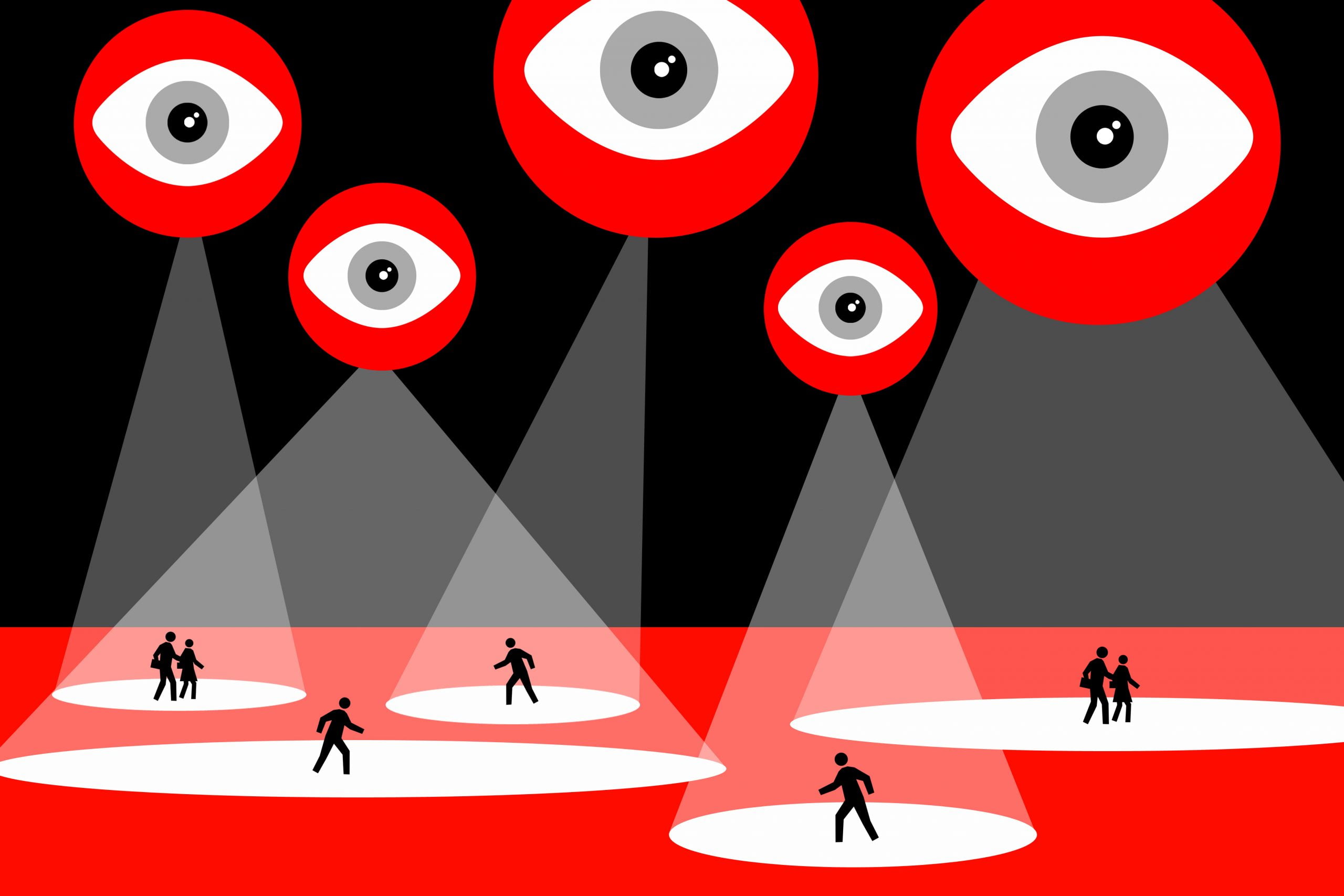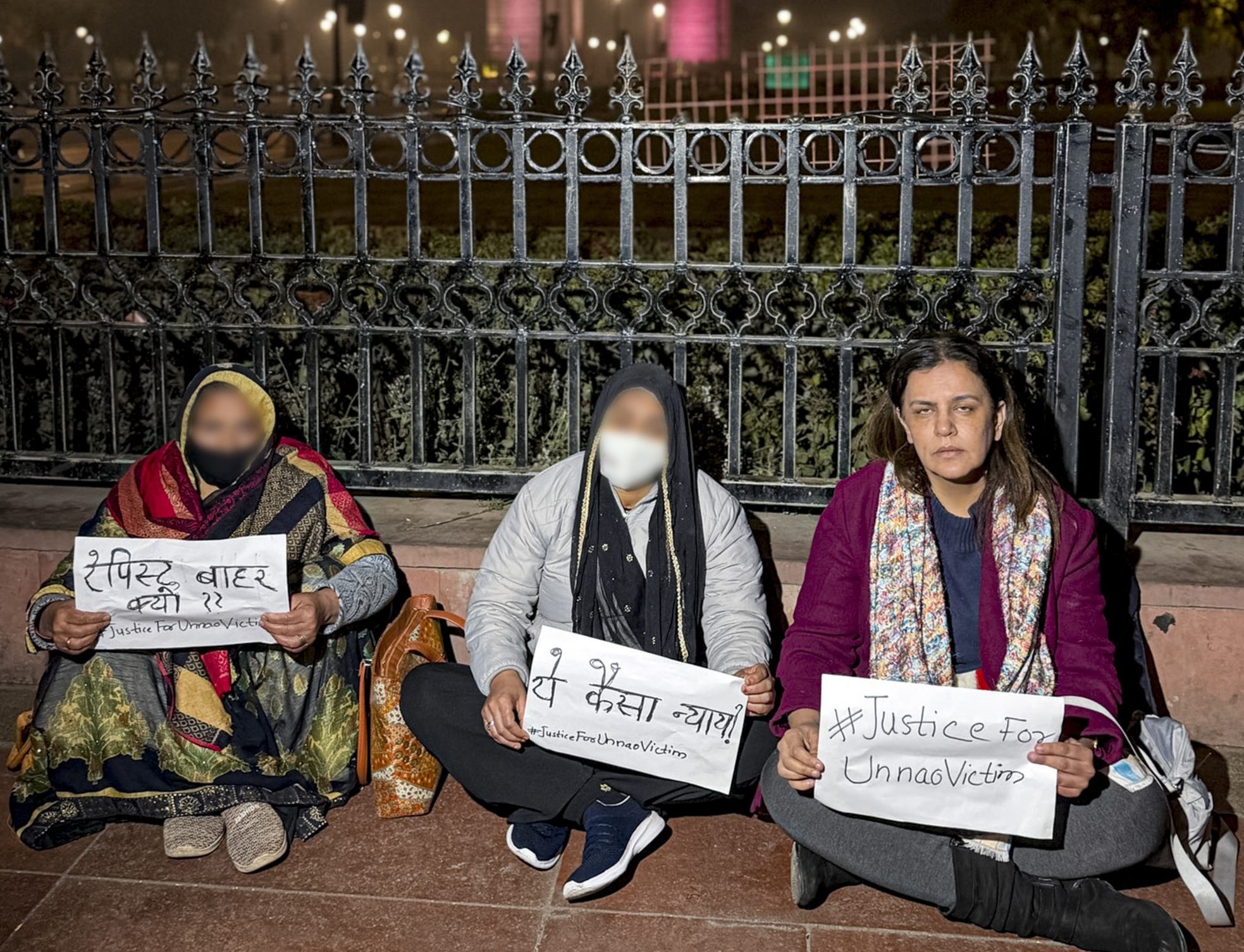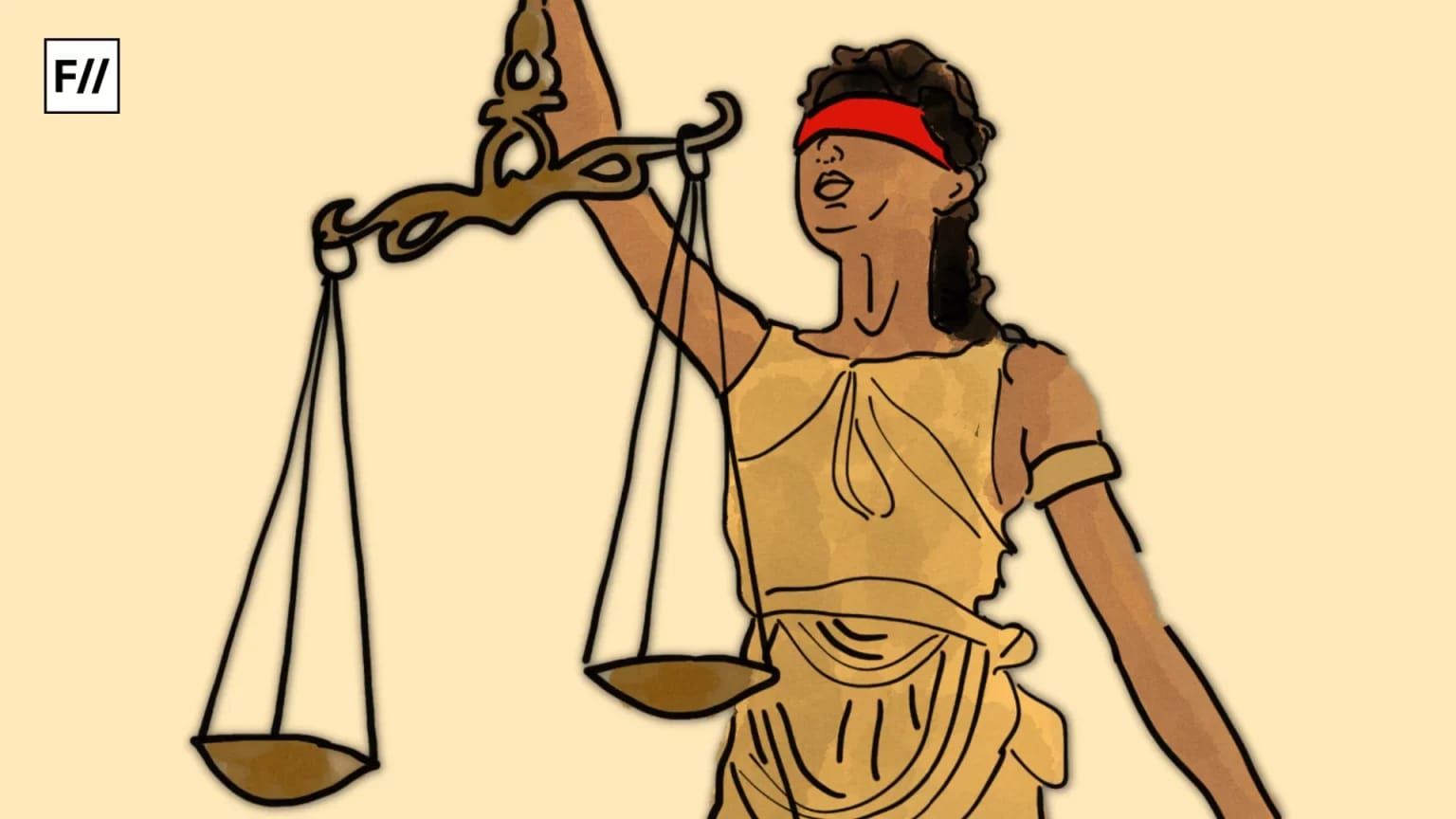In one of the protests against the Citizenship (Amendment) Act in Delhi, as people were walking towards the Red Fort, a drone hovered over them recording everyone’s faces. Similar instances have been reported from all over the country. The police have consistently been using drones and handy-cameras to videotape the protesters and run this data through a facial recognition system to identify ‘miscreants’. At a time, when renowned authors like Ramachandra Guha are mistreated, activists and leaders like Akhil Gogoi, Sadaf Jafar, and Chandrashekhar Azad are arrested by the state machinery, it seems as if anyone who dissents is considered as a ‘miscreant’. These times mark a new low for the privacy and rights of individuals in India. Every act of questioning the government is clamped down upon, and everyone involved is punished. The government has actively been using technology for the surveillance of individuals. At such a time comes the Personal Data Protection Bill 2019 which seeks to ‘protect the personal data of individuals’.

It does so by providing guidelines for processing personal data of individuals by,
i) private companies,
ii) foreign companies,
iii) the government.
Personal data for these three mentioned areas will be used for creating better schemes for the targeted audience only after getting explicit consent from the parties involved. The Bill also highlights high fines and punishments that will be implemented upon the breach of the guidelines mentioned.
On one hand, this Bill grants individuals the power to
a) get information about their data being processed,
b) get their outdated data corrected,
c) get it transferred from one provider to another,
d) withdraw consent from the data being processed.
However, on the other hand, the Bill provides the government with the power to exempt any of its agencies from following these provisions. By doing so, it gives the government a loophole to use personal data of individuals without their consent. This is where the provisions of the Bill become a threat to the fundamental rights of the citizens.
By doing so, it gives the government a loophole to use personal data of individuals without their consent. This is where the provisions of the Bill become a threat to the fundamental rights of the citizens.
According to the draft, the government has the power to exempt any of its agencies from the provisions of this Act. What this means is that, in case of issues of ‘national security’, ‘public order’, for maintaining friendly relations with foreign nations, legal matters, and medical emergencies, the government can police the personal data of an individual without their consent. It can also get access to non-personal data, or anonymous data without seeking consent for the purpose of making better policies and schemes. It is worth mentioning that what constitutes ‘national security’ is hardly specified anywhere, hence, it is up to the government to decide what constitutes problems of ‘public order’ and ‘national security’ and what doesn’t.
The amount of freedom this Bill gives the government to use personal data is immense. Health information, food orders, e-commerce information, caste, birth, sexual orientation, gender identity, etc., the government will be able to access everything at its own discretion without being answerable to anyone. All regulations and systems of checks and balances for the government have been removed by this Bill.

Instead of protecting rights, it further weakens privacy, violates constitutionally guaranteed provisions, and gives access to the government to police, instill surveillance, and punish any individual as per their vested interests.
Surveillance State And A Dangerous Bill
Having laid out the inconsistencies and issues with this Bill, it is also important to understand that as of right now, India stands as a country with no legal framework for any personal data protection. In this age of information and technology, it is necessary to have a provision that protects the personal data rights of the individuals; however, this Bill clearly fails to do so. Instead of protecting rights, it further weakens privacy, violates constitutionally guaranteed provisions, and gives access to the government to police, instill surveillance, and punish any individual as per their vested interests. Organizations and individuals from all over the country have raised concerns regarding the constitutionality of this Bill.
Also read: 5 Things The BJP Government Want To Shift Your Focus From
Internet Freedom Foundation asked the government to conduct public consultation about this Bill and make the suggestions public. Udhav Tiwari, a public policy adviser stated that the bill has the potential to lead to a state of “blanket surveillance”. Srinivas Kodali, an independent researcher, argued that if passed, this Bill would almost roll back the Right to Privacy (Article 21 of the constitution), which was upheld by the Supreme Court in 2017. This bill will turn India into an “Orwellian State”, said Justice B.N. Srikishna, in an interview with The Economic Times. An “Orwellian State” refers to a nation with mass surveillance, and intrusive governments. It also refers to the use of manipulative language that distorts the reality of its citizens. The use of the word ‘protection’ in front of a Bill that clearly violates data privacy is an example of this. The use of ‘protection of rights’ in front of the recently passed draconian Trans Bill is also an example of this.
Conclusion
The rise of tech usage by the government in the recent times is thus also hinting towards the rise of a state of surveillance wherein every behaviour is constructed through propaganda, every action is monitored, and every act of dissent is clamped down upon. The use of facial recognition techniques, drones, video cameras, along with this Bill paves the path towards a dystopian future that is not only a threat to the constitutional values of India, but also to the social fabric of democracy in itself.
As of today, this Bill hasn’t been passed yet; it has been referred to a Joint Select Committee for review. The report by this committee is supposed to be submitted by the end of the budget session 2020. Ideally, the massive response from the citizens towards this Bill highlighting its problems should be incorporated by the government. Information such as caste, sexual orientation, gender identification, marital status, and even vegetarian, non-vegetarian food preferences have the power to instigate negative actions from people.
Also read: The Brewing Of Fear In The Year 2019
In such a time, the Right to Privacy becomes even more of an essential part of a democracy. It allows individuals to create boundaries, and ensure non-interference in their lives. As Samarth Bansal, a journalist puts it, “If they want to empower individuals, they need to cede some of their own powers.” Moreover, to prevent the violation of the Right to Privacy, more checks and balances on how the government can use the data should also be added and implemented.
Featured Image Source: Alain Lacroix/Dreamstime




